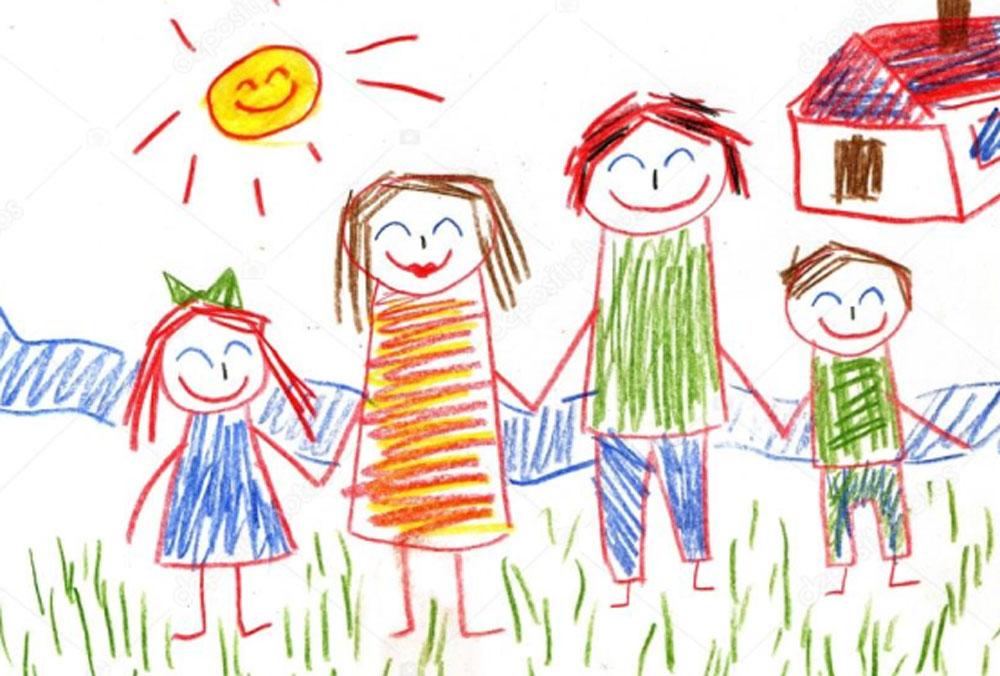Relationship status: Open Development Education and OECS in Partnership
The Organisation of Eastern Caribbean States (OECS), comprises 11 member states committed to regional cooperation and societal integration including in education. Teaching and learning in the OECS has been strongly affected by the COVID-19 pandemic, which saw mass school closures, transition to teaching online, and parents and caregivers becoming increasingly involved helping to teach their children at home across the region. In response, the OECS’s Education Development Management Unit (EDMU) partnered with Open Development and Education to design an Academic Recovery Programme (ARP) to tackle learning loss brought about by COVID-19, as well as to address existing educational gaps exacerbated by the pandemic.
The ARP began with a focus on four member states: St. Lucia, St. Vincent and the Grenadines, Dominica, and Grenada (other member states are expected to begin their ARP implementation at a later date). OpenDevEd has worked over the course of many months to build close working relationships with each member state. These partnerships have been essential to executing the ARP successfully, ensuring that each participating state implements a programme that is both evidence-based and tailored to its own socioeconomic realities.

Photo Credit: Saby Etienne
What’s the situation on the ground?

The ARP’s design began with an extensive literature review, situational analysis, and interviews with key education stakeholders across the four focus countries. These interviews provided rich data from a number of perspectives, facilitating an in-depth understanding of both the regional and member-state specific situation in relation to education and COVID-19. Across the region, school dropout is much higher among boys than girls, who also academically outperform their male counterparts at the primary level.
In some areas, access to devices and internet connectivity was inconsistent or non-existent. Furthermore, teachers were ill-prepared to deliver content effectively online, and the lack of teacher preparation and resources meant that the academic needs of some students were not met. In particular, students in earlier grades and those with special educational needs (SPED) were worst hit by the transition in teaching: a lack of social contact led to significant academic struggles for some in earlier grades.
While SPED students were already inadequately catered for, and almost forgotten in the transition to online learning. The lack of technological infrastructure also meant that many students were not reached with the necessary resources to continue their education at home. The effects of the pandemic on these unreached students are still unclear, and will not be fully grasped until wider diagnostic tests have been conducted.
ARP Components
Following the information gathering and stakeholder consultations, the ARP was designed, comprising seven key components.

- Supporting teachers and instructors, building their capacity in online and face-to-face delivery within a blended learning environment
- Employing effective diagnostic tools to identify vulnerable students and track progress
- Supporting SPED students with referral systems and tailored materials and approaches
- Building partnerships with a range of relevant stakeholders
- Garnering community buy-in to and support for the programme
- Empowering parents to become partners who can support their child’s teaching and learning at home
- Developing a central repository of open-access materials and resources to support teachers, learners, and parents.
In short, the ARP will foster a team approach to addressing learning loss by soliciting input from parents, community professionals, and strategic partners, and attending to the psychosocial needs of teachers, students, and their families. Importantly, the ARP focuses on skills, not specific grades: by focusing on the skill levels commensurate with grades 1-3, the programme can identify older learners who are also facing problems and provides support to help them catch up.

Photo credit: Dionne Durand Smith, MoE Communications Officer.
The ARP is designed to promote continuous monitoring and evaluation of every step of the implementation. Several guidance documents support the ARP implementation and monitoring, taking account of the local context. This means that each member state can prioritise components of the ARP based on local needs and other considerations.
ARP implementation
Initial implementation of the ARP among the four focus countries is expected to last from May to September 2021, owing in part to funding restrictions and the expiry of COVID-specific education grants from donors such as the Global Partnership for Education. The ARP includes documents that provide guidance on execution, budget, and timelines to guide effective implementation, as well as activity-specific documents relating to core activities, such as distributed, peer-facilitates teacher professional development sessions. The documents give flexibility to ensure each member state designs and executes their own ARP so that it compliments their unique local situations. Importantly, the ARP documentation developed provides guidance for monitoring and evaluating each component of the ARP in ways that promote accountability, promoting lasting impact.
Following the design and trialling of the ARP, OpenDevEd is providing pro-bono support to its implementation in the four focus countries. This aims to facilitate smooth execution of the initial stages of the ARP, whilst further forging strong working relationships with each focus country and the other OECS member states.
The case of St. Vincent and the Grenadines
Already wrestling with the acute learning loss and the many inconveniences brought about by COVId-19, in April 2021 St. Vincent and the Grenadines were plunged into further difficulty with the explosive eruption of La Soufrière, a volcano in the north of St. Vincent. The eruption exacerbated an already fragile educational situation, forcing many families to move to shelters or to be evacuated from the country entirely. Providing a continuity of education has had to be reimagined once again, balancing a competing list of priorities, in particular, providing adequate space and basic necessities for displaced families, reaching out to students who were still at home, finding appropriate resources to work with a range of students in shelters, and continuing to manage the spread of COVID-19.
Thus far, the government has managed to provide education for a range of students in shelters, but the situation has attracted the attention of many global organisations, with some donor agencies providing a presence on the island to assist.

Photo credit: Edmira Walker, MoE staff

Photo credit: Edmira Walker, MoE staff
OpenDevEd has supported fundraising efforts – in partnership with the UK-SVG Friendship Trust – and has been communicating with donor agencies to ensure that efforts are coordinated and effective in the longer term. The emergency education approach in St. Vincent will no doubt provide good data for emergency education plans for other OECS member states. In particular, an emergency education plan is important in the Caribbean region as the yearly hurricane season poses a threat to education in the form of school closures and damage to infrastructure. Through its support to a newer model of blended learning and distributed education support, the ARP offers an approach to help mitigate the effects of these natural hazards on education in the OECS. More information about St. Vincent and the volcanic eruption can be found here.

Photo credit: Edmira Walker, MoE staff
What’s next?
In the foreseeable future, OpenDevEd hopes to help support the adaptation and implementation of the ARP for five further OECS member and associate member states: Antigua and Barbuda, Montserrat, St. Kitts & Nevis, Anguilla, and the British Virgin Islands. Lessons learned from the first four focus countries can be applied to pre-empt and address upcoming challenges. Watch this space for further updates on the progress of the Academic Recovery Programme, helping the OECS to recover in its fight against COVID-19 and supporting its children to obtain a quality primary education.
References
OECS Logo: https://oecs.org/en/
Map of the four focus countries: https://www.google.com/url?sa=i&url=https%3A%2F%2Fwww.skyecaribbean.com%2F&psig=AOvVaw0xeNcTvlLXKbRylD0uFTQC&ust=1621600921659000&source=images&cd=vfe&ved=0CAIQjRxqFwoTCIC_066k2PACFQAAAAAdAAAAABAD
Icons retrieved from The noun project:
- Adrien Coquet. ‘Teacher’. Link
- Alice Design. ‘Family’. Link
- [email protected]. ‘Community’. Link
- DinosoftLab. ‘diagnostics’. Link
- Razlan Hanafiah. ‘wheelchair’. Link
- Vectors Point. ‘ebook’. Link
- Vectorstall. ‘partnership’. Link
Available under Creative Commons Attribution https://creativecommons.org/licenses/by/3.0/us/legalcode


